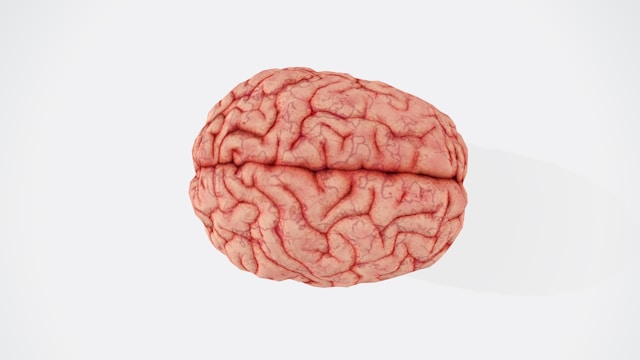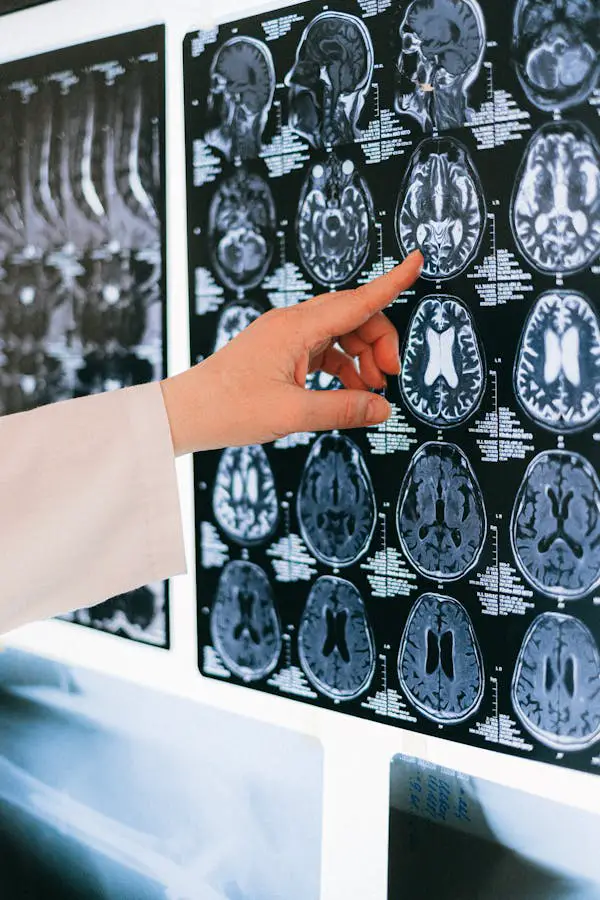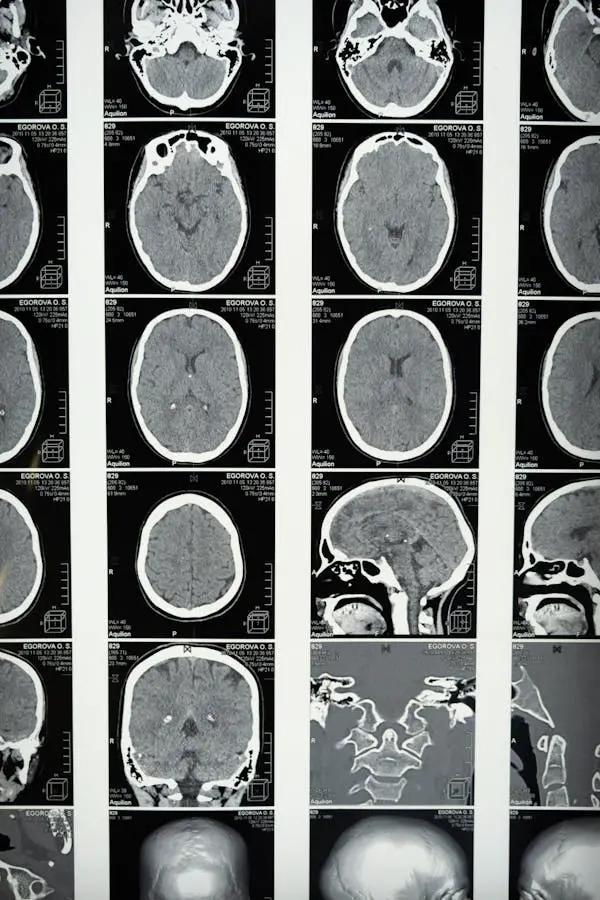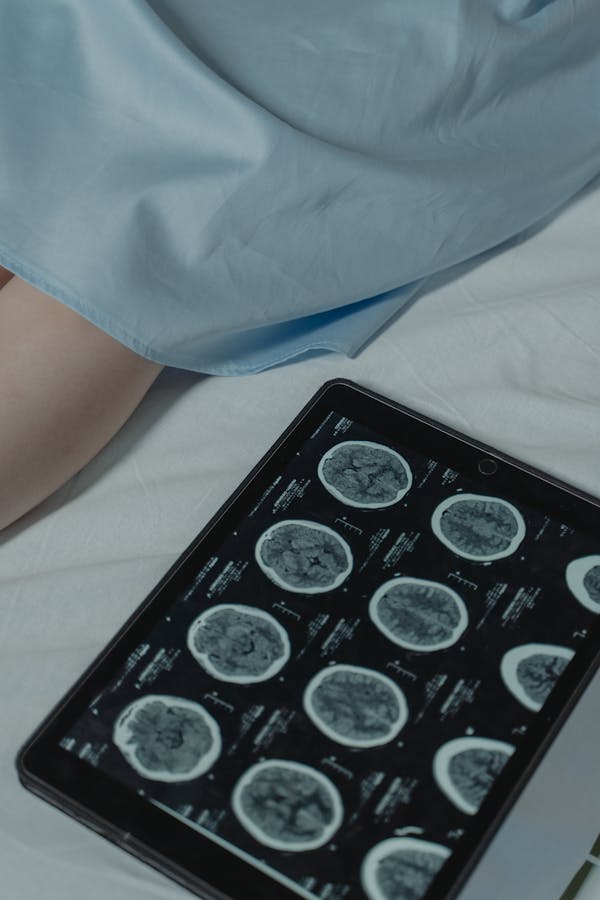
Brain degeneration is a topic that concerns many, especially as we age or observe changes in ourselves or loved ones.
Understanding the signs of brain degeneration can be crucial in seeking early intervention and managing the condition effectively.
This article will provide an in-depth look at brain degeneration, including its types, early warning signs, and potential management strategies.
What is Brain Degeneration?
Brain degeneration refers to the progressive loss of structure or function of neurons, including the death of neurons.
It is often associated with neurodegenerative diseases, which can lead to cognitive decline, physical impairments, and emotional challenges.
Conditions like Alzheimer’s disease, Parkinson’s disease, and Huntington’s disease are common forms of neurodegenerative disorders.
Neurodegenerative diseases are a growing concern globally.
According to the World Health Organization (WHO), neurological disorders, including those caused by brain degeneration, are the leading cause of disability and the second leading cause of death worldwide.

Types of Brain Degeneration
Several types of brain degeneration can impact various aspects of brain function:
- Alzheimer’s disease: The most common cause of dementia, affecting memory, thinking, and behavior.
- Parkinson’s disease: Affects movement and can cause tremors, stiffness, and balance problems.
- Huntington’s disease: A genetic disorder that leads to the breakdown of nerve cells in the brain, affecting both mental and physical abilities.
- Frontotemporal dementia: Involves changes in personality, behavior, and language due to degeneration of the frontal and temporal lobes of the brain.
- Vascular dementia: Caused by reduced blood flow to the brain, often following a stroke, leading to cognitive impairments.
Early Warning Signs of Brain Degeneration
Recognizing the early warning signs of brain degeneration can help in seeking timely medical advice and potentially slowing the progression of the condition.
Here are some key signs to watch for:
Memory loss and confusion
One of the earliest and most noticeable signs of brain degeneration is memory loss.
This isn’t just about occasionally forgetting where you left your keys; it’s about memory lapses that disrupt daily life.
For example, someone might forget recently learned information, important dates, or repeatedly ask the same questions even after they’ve been answered.
Confusion about time or place is also a significant sign.
A person might lose track of the date, the season, or even forget where they are or how they got there.

Difficulty with daily tasks
As brain degeneration progresses, it becomes harder for individuals to complete everyday tasks that used to be second nature.
This might involve struggling to drive to a familiar location, managing household finances, or following a recipe they’ve used many times before.
These difficulties may start subtly but gradually become more noticeable, impacting the person’s ability to live independently.
Vision changes
Changes in vision are another early sign, particularly in conditions like Alzheimer’s disease.
A person might have trouble reading, judging distances, or differentiating between colors.
These visual difficulties can make daily activities, such as driving or navigating stairs, increasingly challenging and dangerous.
Speech and language issues
Language and communication can also be affected early on.
Individuals may find it hard to follow or participate in conversations.
They might stop in the middle of a sentence, struggle to find the right words, or repeat themselves.
This can lead to frustration, not just for the person experiencing these issues but also for those around them.
Over time, these difficulties can contribute to social withdrawal as the person may start avoiding conversations or social situations.
Coordination and balance problems
Brain degeneration can also impact motor skills, leading to problems with coordination and balance.
This might manifest as stumbling more often, shuffling the feet when walking, or having difficulty standing up from a chair.
These symptoms are particularly common in conditions like Parkinson’s disease, where movement and balance are directly affected by the degeneration of certain brain cells.
Behavioral and emotional changes
Finally, changes in mood and behavior are common early signs of brain degeneration.
A person might become more irritable, anxious, or depressed.
They might also seem more apathetic, losing interest in activities they used to enjoy.
In some cases, there are noticeable personality changes, such as becoming more withdrawn, suspicious, or less socially engaged.

Managing and Treating Brain Degeneration
While there is no cure for most neurodegenerative diseases, early diagnosis and treatment can help manage symptoms and improve quality of life.
Here are some strategies:
Medications
Medications are often a first line of defense in managing brain degeneration.
While they cannot stop the disease, they can help alleviate symptoms and slow down the progression of the condition.
- Alzheimer’s disease: Cholinesterase inhibitors are commonly prescribed. These medications work by boosting levels of a chemical messenger involved in memory and judgment.
- Parkinson’s disease: Levodopa is the most widely used medication. It helps replenish the brain’s supply of dopamine, a neurotransmitter that is crucial for movement.
Lifestyle changes
Living a healthy lifestyle is a powerful tool in managing brain degeneration.
While lifestyle changes cannot reverse the disease, they can support brain health and slow its decline.
- Balanced diet: Eating a diet rich in fruits, vegetables, whole grains, and lean proteins is crucial. Foods high in antioxidants and omega-3 fatty acids are particularly beneficial for brain health.
- Regular exercise: Regular exercise helps maintain mobility, improve mood, and can even enhance cognitive function.
- Cognitive stimulation: Engaging in activities that challenge the mind, such as puzzles, reading, or learning a new skill, can help maintain cognitive function.
Physical therapy
Physical therapy plays a crucial role, especially for those with movement disorders like Parkinson’s disease.
A physical therapist can design a personalized exercise program to help maintain mobility, improve balance, and manage pain.
- Mobility: Exercises focused on strength and flexibility can help individuals stay active and maintain their independence for longer.
- Balance: Balance exercises can prevent falls, which are a significant risk as coordination declines.
- Pain management: Techniques like massage, stretching, and specific exercises can alleviate pain associated with muscle stiffness and joint issues.
Support networks
Emotional support is just as important as physical care in managing brain degeneration.
Support groups, both in-person and online, provide a space for patients and caregivers to share their experiences, offer advice, and provide mutual encouragement.
- For patients: Being part of a support group can help reduce feelings of isolation and anxiety.
- For caregivers: Support groups for caregivers offer a space to vent frustrations, share coping strategies, and receive emotional support.
Innovative therapies
Research into new treatments is ongoing, and while many are still in the experimental stage, they offer hope for the future.
- Gene therapy: This involves altering or repairing faulty genes responsible for neurodegenerative diseases.
- Stem cell therapy: Stem cells have the potential to regenerate damaged brain cells. This treatment is still being studied, but early results are promising.

Final Thoughts
Brain degeneration is a complex and challenging condition, but early recognition of the signs can lead to better management and improved outcomes.
By staying informed and seeking timely medical advice, individuals can take proactive steps to manage their health and maintain their quality of life.
FAQs
Brain degeneration cannot be reversed, but early detection and treatment can slow its progression and improve the quality of life.
Age, genetics, lifestyle factors (such as smoking and lack of exercise), and underlying health conditions like diabetes can increase the risk of brain degeneration.
While some cognitive decline is normal with aging, brain degeneration and related diseases are not inevitable. Maintaining a healthy lifestyle can reduce the risk.
Diagnosis typically involves a combination of medical history, neurological exams, brain imaging, and cognitive tests. Early diagnosis is crucial for effective management.
A diet rich in fruits, vegetables, whole grains, and lean proteins supports brain health. Omega-3 fatty acids, antioxidants, and vitamins like B12 are particularly beneficial.



